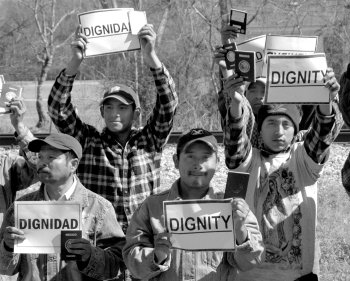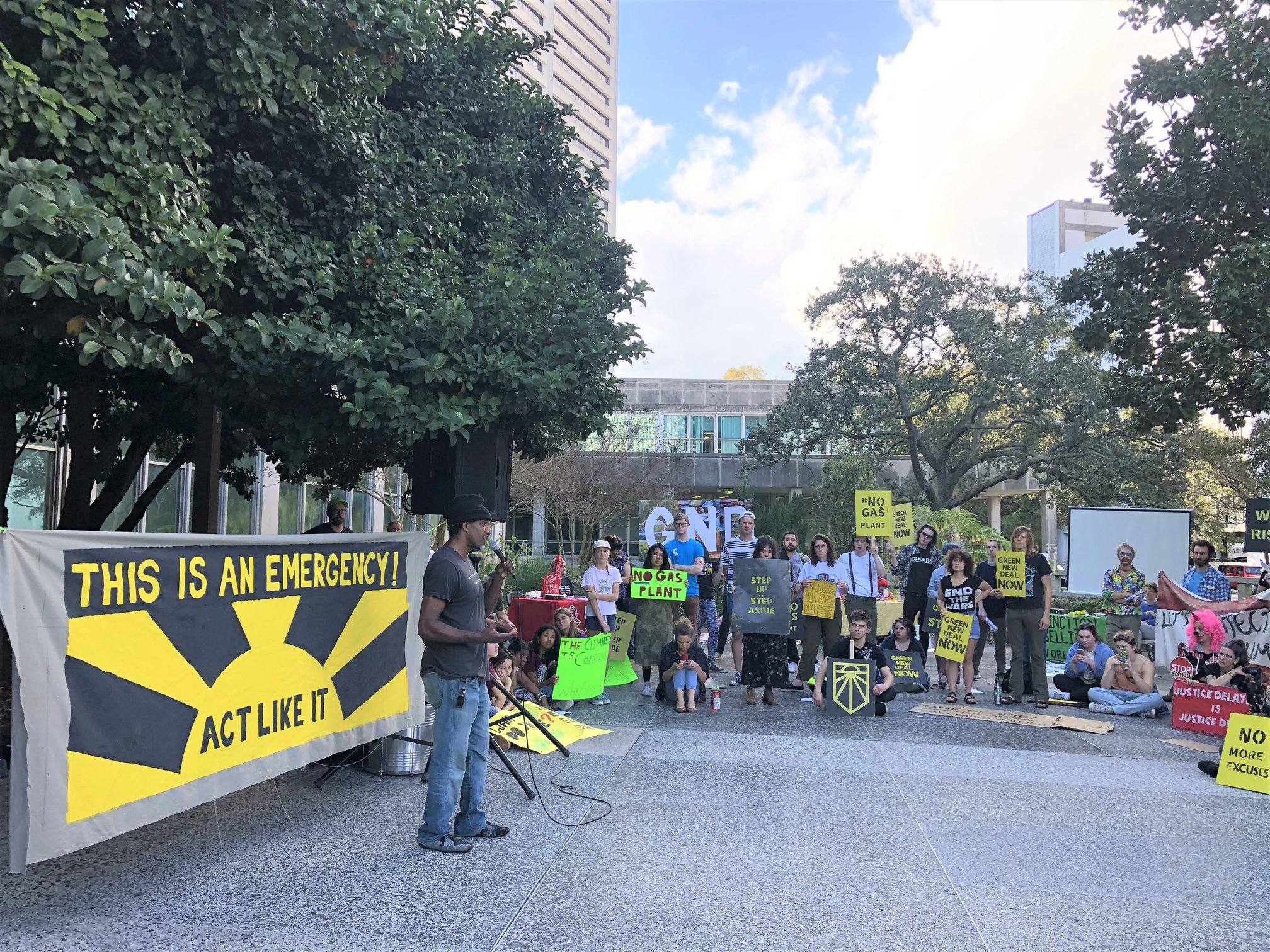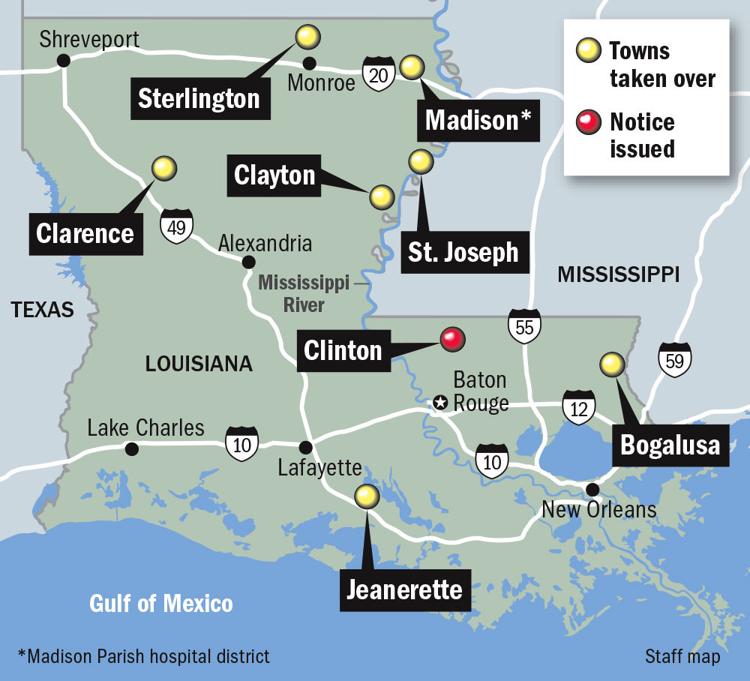
By Nath Clarke
As summer creeps closer and temperatures start to rise, workers across the South are subjected to sweltering heat. With Trump and other politicians refusing to take action in the face of global warming, the problem will likely only get worse: because of a steady increase in greenhouse gas emissions, temperatures will continue to rise, and so will heat-related injuries.
The Farmworkers Association of Florida (FAF), a grassroots organization fighting for the rights of farmworkers and rural communities, has been one of the only groups to agitate around this issue in Florida. The organization, founded by and made up of mostly Black and Brown farmworkers, collaborated on several studies highlighting the heat-related health risks faced by farmworkers, construction workers, and other outdoor workers.
A report from Public Citizen, the Farmworker Association of Florida and an Emory University researcher found that in every single Florida county, temperatures exceeded the Center for Disease Control’s safe limit for heavy labor for at least 71% of days between May 1 and September 30. That’s 71% of days where outdoor workers were risking their lives on the job. Chronic exposure to such conditions increases the risk of dehydration, muscle cramps, headaches, nausea, and acute kidney injury.
The FAF told the Workers Voice they’d continue to agitate around this issue until the U.S. Occupational Safety and Health Administration (OSHA) issues a rule protecting workers from dangerous heat. Through petitions, advocacy, and workplace organizing, the FAF has already started conversations all over the South around workers’ safety in the face of heat stress; but the bosses and other members of the ruling class are already fearing for their profits and pushing back. If we truly want federal rules on heat stress to change, a massive movement of workers will need to support any such initiative.
All workers in southern states should support such an initiative. Louisiana has the highest rate of heat-related emergency department visits out of all the states in the Southeast. We don’t need studies to tell us what our lives show us: our bosses would gladly poison us with toxic chemicals, work us to physical exhaustion, or subject us to dangerous heat and dehydration, in the name of profit. Just as workers in Florida are rising up, workers in Louisiana must get organized to make sure our working conditions are safe.



